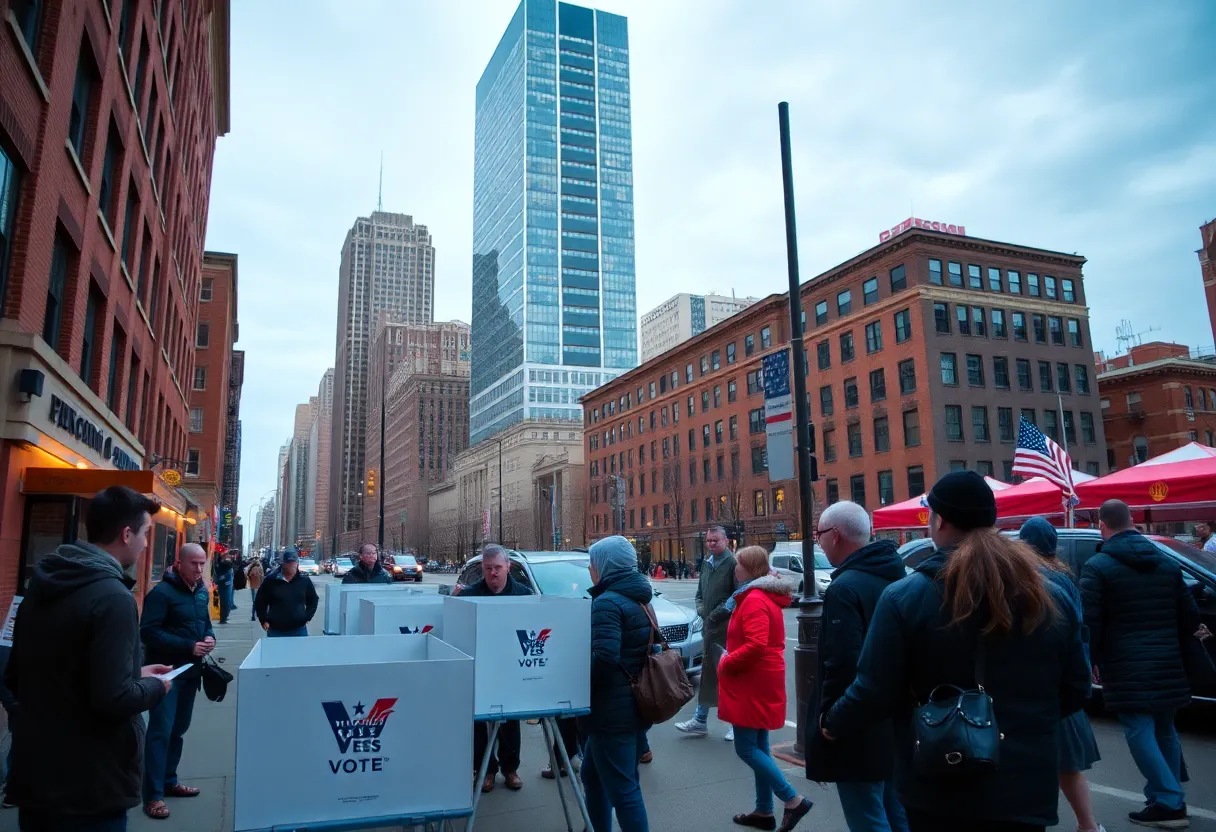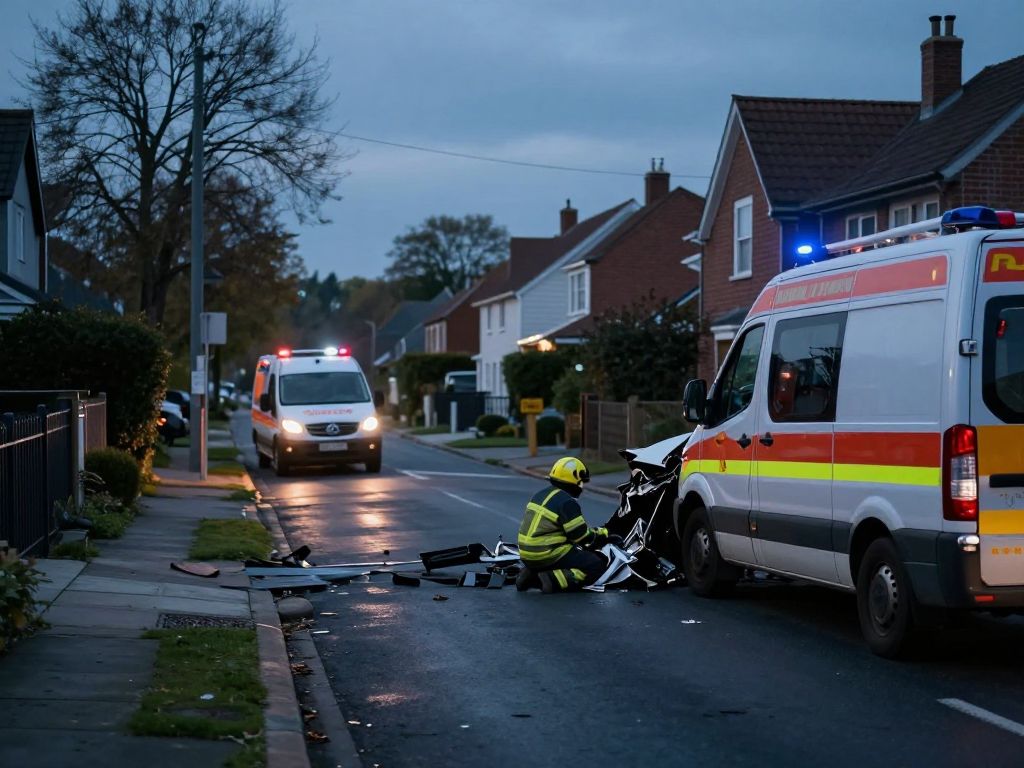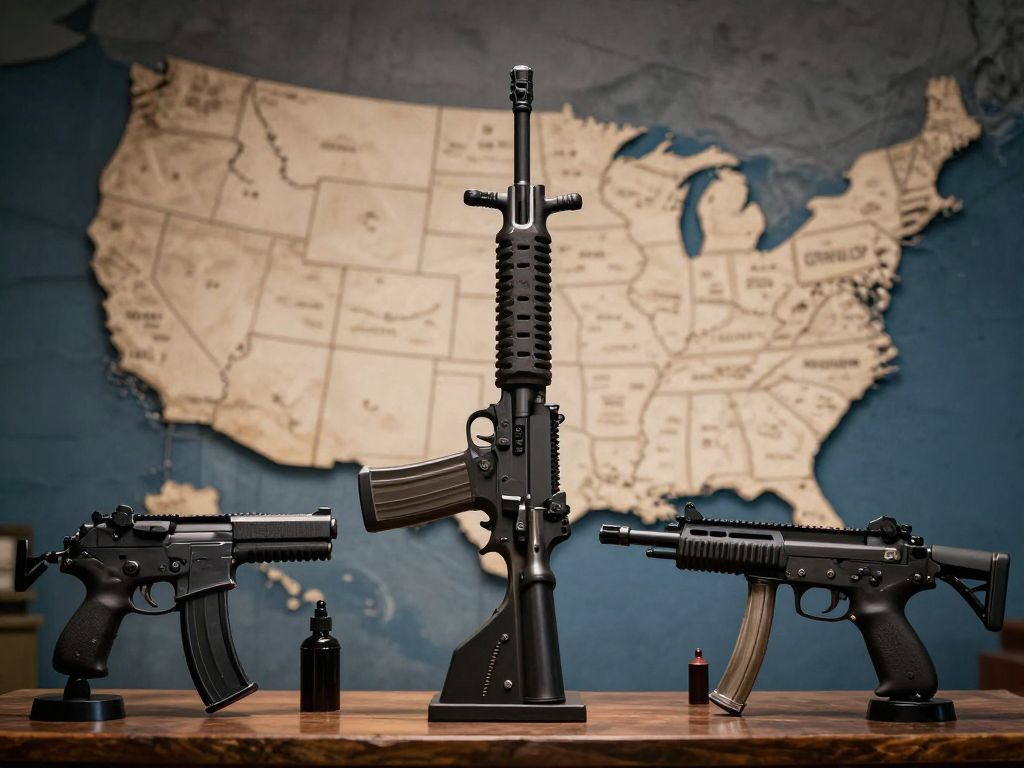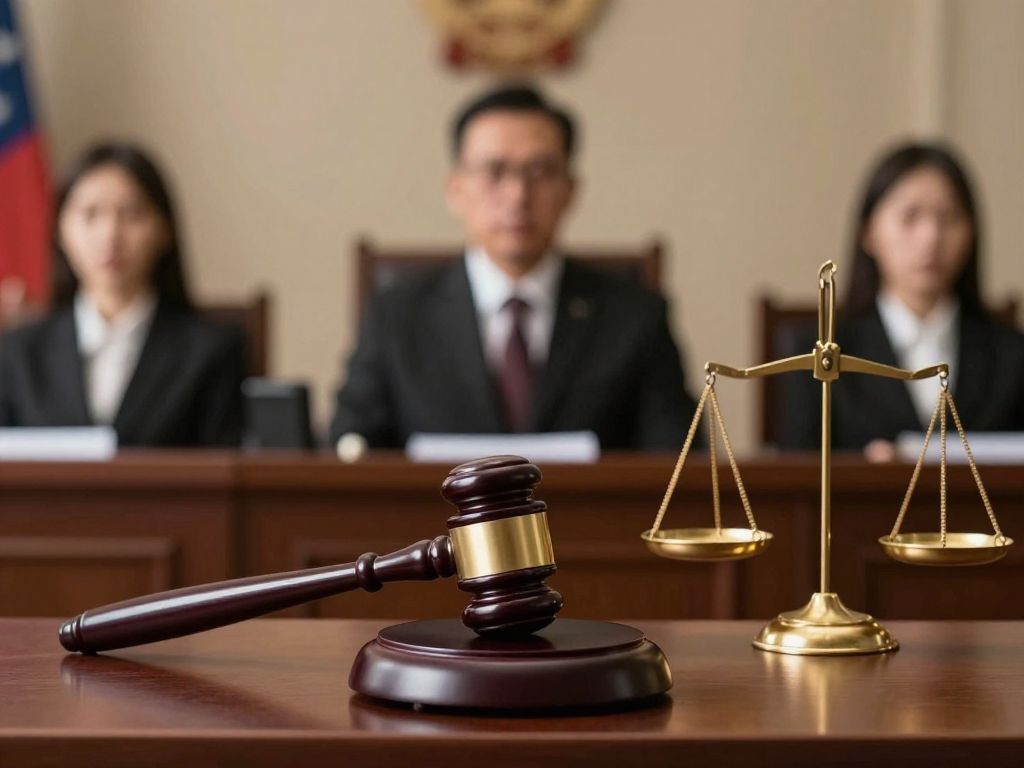Boston, September 11, 2025
News Summary
Michelle Wu has secured a significant victory in the Boston mayoral primary, receiving 72% of the vote and advancing to the general election. Her main opponent, Josh Kraft, garnered 23.1%. Despite Wu’s strong lead, voter turnout was low, with concerns voiced about candidate platforms and civic participation. Wu’s campaign focuses on affordable housing and improved public transportation, while Kraft emphasizes economic incentives and changes to street policy. The general election is set for November 4.
Boston
Michelle Wu secured a decisive victory in the Boston mayoral primary on September 9, winning 72% of the vote and advancing to the general election on November 4. Her nearest rival, Josh Kraft, received 23.1% of the vote. The preliminary municipal election was held from 7 a.m. to 8 p.m., with voters choosing the mayor, city councilor at-large, and several district city councilors.
Key results and implications
The primary outcome gives Wu a strong lead heading into the November general election, but campaign activity and spending by Kraft signal a competitive race ahead. Kraft, who has invested millions into his campaign, seeks to reshape perceptions and appeal to residents who say they feel disconnected from current city leadership. The winners of the primary will move forward to the general election scheduled for November 4.
Turnout and voter sentiment
Turnout in the primary was notably low: only 28,493 of 189,439 registered voters cast ballots. Many voters reported participating out of respect for the electoral process rather than enthusiasm for any candidate. Some voters expressed support for Wu’s family-oriented policies and housing initiatives, while others voiced dissatisfaction with all candidates or uncertainty about platforms. Exit polling and voter feedback reflected varied opinions on Wu’s handling of urgent city issues such as housing and public safety. One named resident cited a lack of understanding of the candidates’ platforms as the reason for not voting. Civic advocates emphasized the importance of turnout for shaping municipal governance and expressed frustration over low participation in local elections.
City council races
Incumbents dominated most city council contests. The notable exception was District 7, where the seat is vacant following the indictment of former councilor Tania Fernandes Anderson. In District 7, the top two finishers were Said Ahmed and Miniard Culpepper, who will compete in the November general election. Other incumbents retained their positions or advanced as expected, reinforcing continuity in much of the council.
Policy contrasts in the mayoral race
Wu’s platform centers on affordable housing and improvements to public transportation. During her nearly four years in office, she has pushed a net zero carbon policy and launched programs aimed at increasing student access to cultural experiences. Her campaign frames those efforts as part of broader goals to address housing affordability and sustainability.
Kraft’s proposed approach focuses on economic incentives and changes to street policy. He has advocated for tax incentives intended to stabilize rent and proposed pausing bike lane expansions to address parking congestion. Kraft’s campaign messaging aims to attract residents concerned about housing costs, parking, and perceptions of city responsiveness.
Political context and broader tensions
The campaign has also highlighted tensions between Boston’s municipal policies and federal positions. Wu’s campaign emphasized resilience against opposition tied to the Trump administration, particularly on issues related to Boston’s status as a sanctuary city. These federal-local tensions have been referenced by both supporters and critics as part of broader debates about governance, enforcement, and community priorities.
Next steps
With the primary concluded, candidates who won their races will prepare for the November 4 general election. Campaign activity is expected to increase in coming weeks, focusing on turnout, issue-based messaging around housing and public safety, and efforts to connect with voters who did not participate in the primary.
Background
Michelle Wu was elected mayor in 2021, becoming the first woman and the first person of color to hold Boston’s mayoral office. Her time in office has included initiatives on climate policy, housing, transit, and educational and cultural access. The preliminary election process narrows fields for citywide offices and sets the stage for the final choices voters will make in November.
Frequently Asked Questions
1. Who won the Boston mayoral primary?
Michelle Wu won the primary with 72% of the vote and will face Josh Kraft in the November general election.
2. When was the primary held and when is the general election?
The primary took place on September 9 from 7 a.m. to 8 p.m. The general election is scheduled for November 4.
3. What was voter turnout?
Turnout was low, with 28,493 of 189,439 registered voters casting ballots in the primary.
4. Which city council race was most competitive?
District 7 was the most notable competitive race, as the seat is vacant; Said Ahmed and Miniard Culpepper advanced to the general election.
5. What are the main differences between Wu and Kraft?
Wu focuses on affordable housing, public transit improvements, climate goals, and cultural access for students. Kraft proposes tax incentives aimed at stabilizing rent, would pause certain bike lane expansions to ease parking, and has poured substantial personal funds into his campaign to broaden his appeal.
Quick Reference Table
| Item | Details |
|---|---|
| Date of primary | September 9 (7 a.m. to 8 p.m.) |
| General election date | November 4 |
| Top mayoral finishers | Michelle Wu (72%), Josh Kraft (23.1%) |
| Registered voters | 189,439 |
| Voters who cast ballots | 28,493 |
| Notable city council contest | District 7 — Said Ahmed vs. Miniard Culpepper in November |
| Key campaign issues | Affordable housing, public safety, public transportation, parking/bike lanes, climate policy |
Deeper Dive: News & Info About This Topic
HERE Resources
Small Business Confidence Declines Heading into Final Quarter
Foley Hoag LLP Releases Update on Massachusetts Legal Developments
Federal Immigration Operation Patriot 2.0 Launched in Massachusetts
Boston Prepares for Preliminary Municipal Election
Operation Patriot 2.0 Targets Undocumented Immigrants in Massachusetts
Kamala Harris to Discuss 2024 Presidential Campaign in Medford
Boston Mayoral Candidates Discuss Key Issues at Forum
Boston Mayoral Forums Set to Address Socioeconomic Issues
Boston 25 Now Launches New Digital Platform for Community Engagement
Boston City Council to Address Public Health Emergency at Mass and Cass
Additional Resources
- AP News: Boston Mayor Primary Results
- MassLive: Wu Takes First Place in Boston’s Mayoral Primary
- NBC News: Boston Mayor Results
- Boston Globe: Boston Mayor Election Update
- USA Today: Wu Faces Kraft in Boston Mayoral Race
- Wikipedia: 2025 Boston Mayoral Election
- Google Search: Boston Mayoral Election 2025
- Google Scholar: Boston Politics
- Encyclopedia Britannica: Politics
- Google News: Boston Mayor Election

Author: STAFF HERE BOSTON WRITER
The BOSTON STAFF WRITER represents the experienced team at HEREBoston.com, your go-to source for actionable local news and information in Boston, Suffolk County, and beyond. Specializing in "news you can use," we cover essential topics like product reviews for personal and business needs, local business directories, politics, real estate trends, neighborhood insights, and state news affecting the area—with deep expertise drawn from years of dedicated reporting and strong community input, including local press releases and business updates. We deliver top reporting on high-value events such as Boston Marathon, Head of the Charles Regatta, and Boston Harborfest. Our coverage extends to key organizations like the Greater Boston Chamber of Commerce and Associated Industries of Massachusetts, plus leading businesses in finance, biotech, and insurance that power the local economy such as Fidelity Investments, Biogen, and Liberty Mutual Insurance. As part of the broader HERE network, we provide comprehensive, credible insights into Massachusetts's dynamic landscape.





